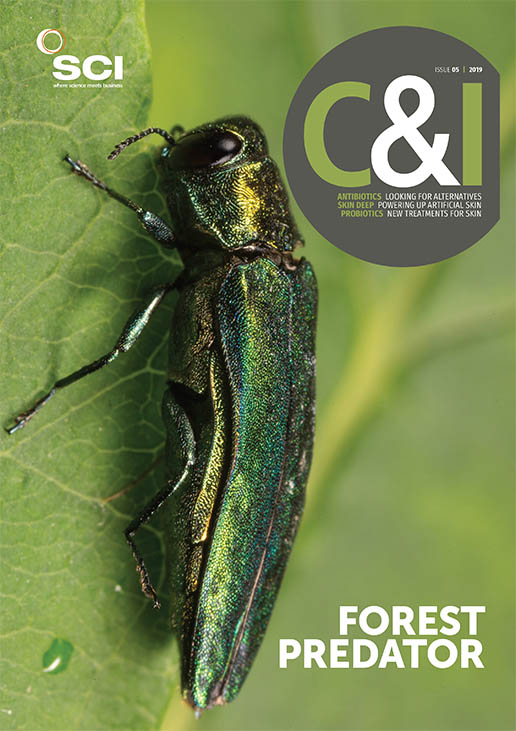Cancer patients have been matched with experimental drugs by analysing circulating tumour DNA in blood.
One hundred patients were recruited for the study, with 22 different tumour types (Nature Medicine, doi: 10.1038/s41591-019-0380-z). Blood samples were taken and the circulating DNA from their tumours sequenced for 641 genes to try to match them with around 40 Phase 1 clinical trials. ‘If we look at the genetics of a patient’s cancer we might be able to match them to a drug targeted against a faulty gene,’ says study leader Matthew Krebs, a cancer scientist at the University of Manchester, UK.
Tumour cells often have genetic faults, for example, which may be why they became cancerous. Targeting the mutation can sometimes give clinical benefit. An example is an EGFR or epidermal growth factor receptor mutation present in 10 to 15% of lung cancers, which could be treated with EGFR inhibitors.
Actionable gene mutations were identified in 41 of the 100 patients, and 11 patients were chosen to receive a matched therapy. A partial response was seen in four of the 11 patients, and seven had a stable disease for a minimum of three months. One 57-year-old female patient with lung cancer was matched to a first-in-human MEK inhibitor, which resulted in a 60% reduction in the size of her tumour.
Krebs emphasises that the goal of this study was to show the feasibility of blood tests for targeting patients for early clinical trials. Tumour DNA sequencing was completed in two to four weeks. This contrasts with the usual practice of using tumour biopsies to enrol cancer patients in drug trials, biopsies which might be months or years old and may not reflect the patient’s current disease.
The next phase of the study involves recruiting 450 patients and matching them to trials via a web-based database from Experimental Cancer Medicine Centres in the UK.
‘This study looked at a more relevant source of tumour DNA than previous studies,’ says Rob Stein, an oncologist at University College London, adding that tumours are more heterogeneous than is often assumed and can change with time, so a rapid blood test is better than an older biopsy sample. ‘It gives those running Phase 1 trials access to a pool of patients who will potentially benefit from treatment. If you show evidence of clinical benefit in Phase 1, then it tells companies where they might want to concentrate future efforts.’
The study is called TARGET, for Tumour chARacterisation to Guide Experimental Targeted Therapy.




